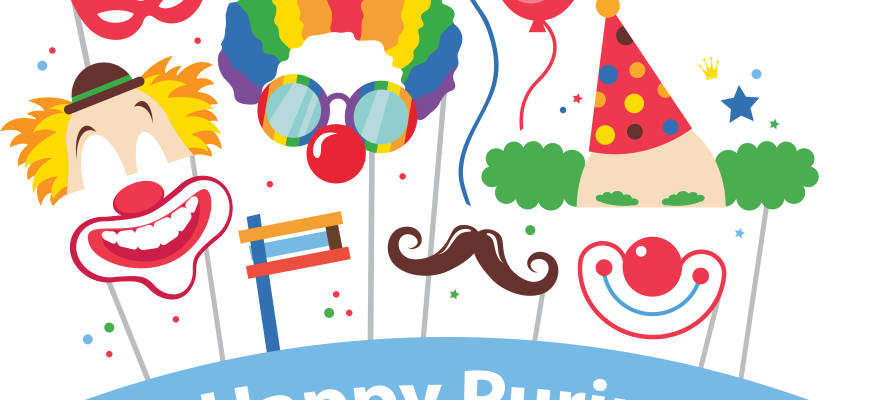When celebrating Purim, try to keep in mind the entire year of Jewish holidays and to thank God for all the miracles he has done for us throughout history.
By Rabbi Ari Enkin, Rabbinic Director, United with Israel
Besides being lots of fun for all ages, Purim is a very unique holiday for many reasons.
One is based on the Midrashic teaching that in the Messianic era, all holidays will be annulled – except for Purim, which will continue forever. Although other sources seem to disagree with this theory, arguing that all the holidays will remain in the future, it does give us an idea of the unique standing of Purim.
So what is it about Purim that gives it such a distinct status?
Like most Jewish holidays, Purim celebrates our victory over those who wanted to annihilate us. As the saying goes, every Jewish holiday celebrates that “they tried to kill us, we won, let’s eat.”
But where Purim is unique is that it contains a “drop” of every holiday within it. For example, Passover is about the release of the Jewish people from slavery to freedom. Purim is about the release from the grips of death that the Jewish people faced before getting a new lease on life. The villain of Passover is Pharaoh, while the villain of Purim is Haman. Hence, Purim has a Passover flavor.
Shavuot, the holiday of the giving of the Torah, can be found in Purim as well. Just as the Jewish People accepted the Torah on Mount Sinai on Shavuot, so, too, we are told that the Jewish people reconfirmed and reaccepted upon themselves to observe the Torah in the days of Purim.
Rosh Hashana and Yom Kippur can be found in Purim too. They are days of judgment and fate. We are told that in the days of Haman and Mordechai as well, God was judging the Jewish people to determine whether or not they were deserving of death and destruction as Haman had planned. But just as prayers on Rosh Hashana and Yom Kippur can change “the verdict,” so, too, the Jews in Persia, following Esther’s example, took to prayer and fasting, and the decree of Haman was annulled.
To give but one more example, the Sukkah booth we sit in on the holiday of Sukkot is meant to remind us of the Divine clouds that protected the Jewish People from their enemies, the elements, and more, during their 40 years of wandering in the desert. The clouds, which actually covered the Jews from all sides, not merely from above, represented a Divine “hug” of sorts. This “hug” was said to be replicated in the days of Purim, when they saw Divine protection from their enemies and were even able to fight back and defend themselves.
When celebrating Purim, try to keep in mind the entire year of Jewish holidays and to thank God for all the miracles he has done for us throughout history.

